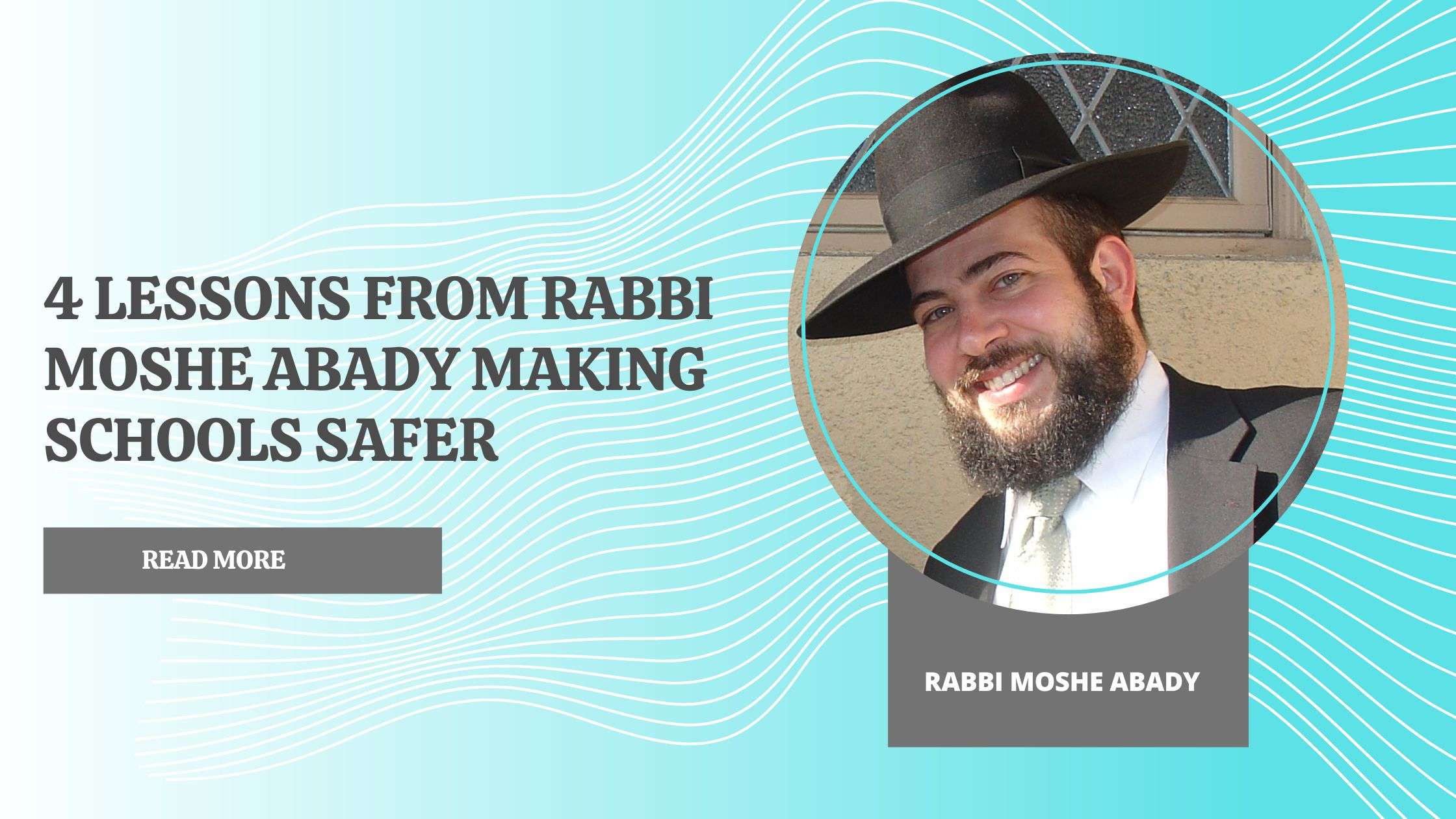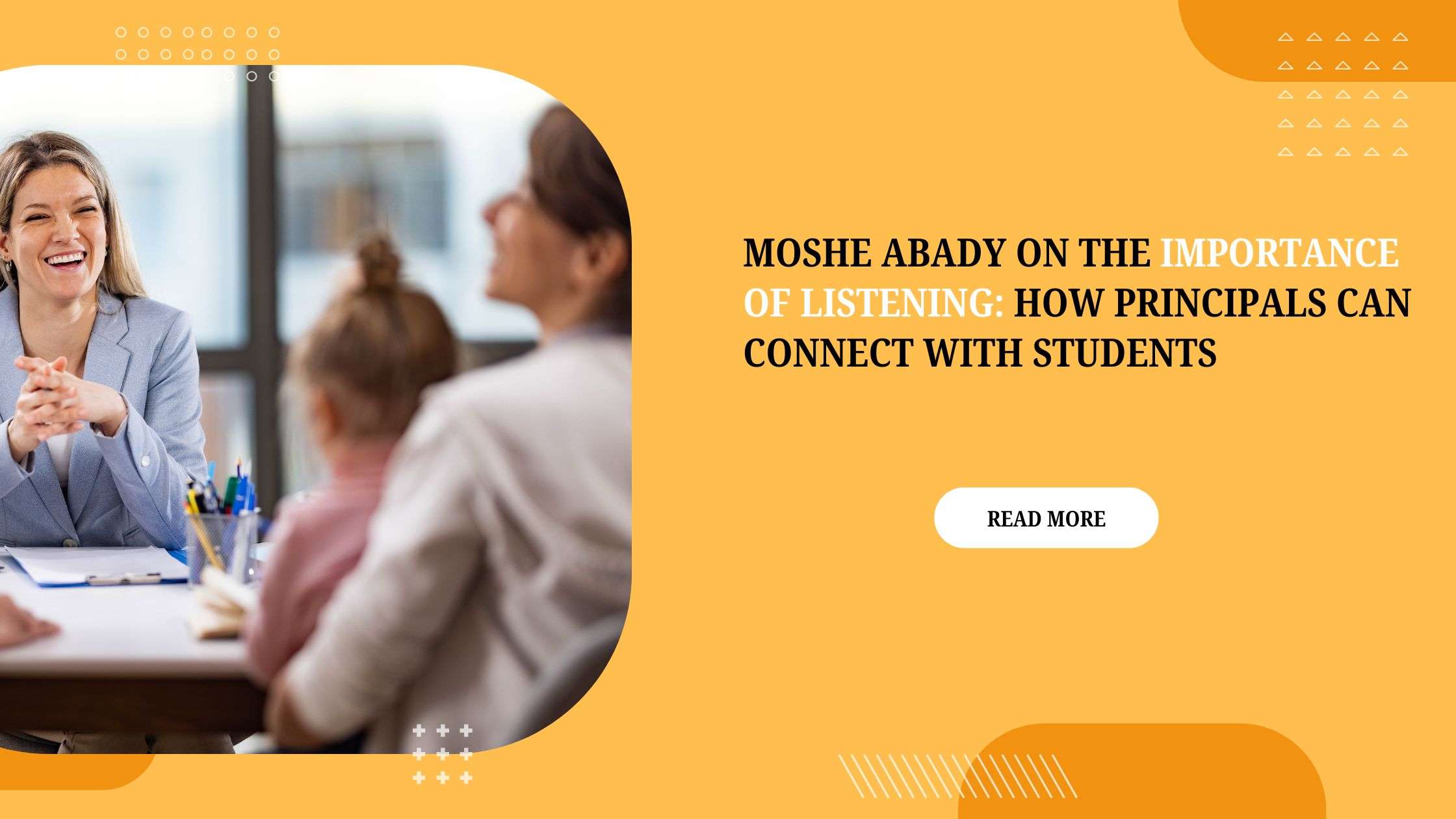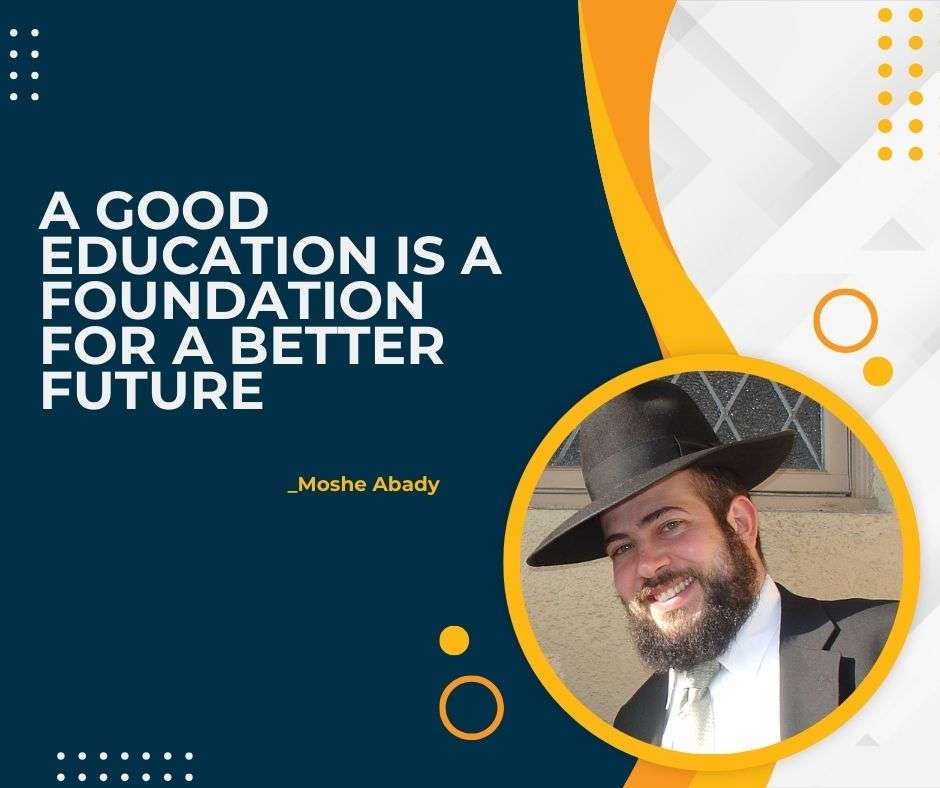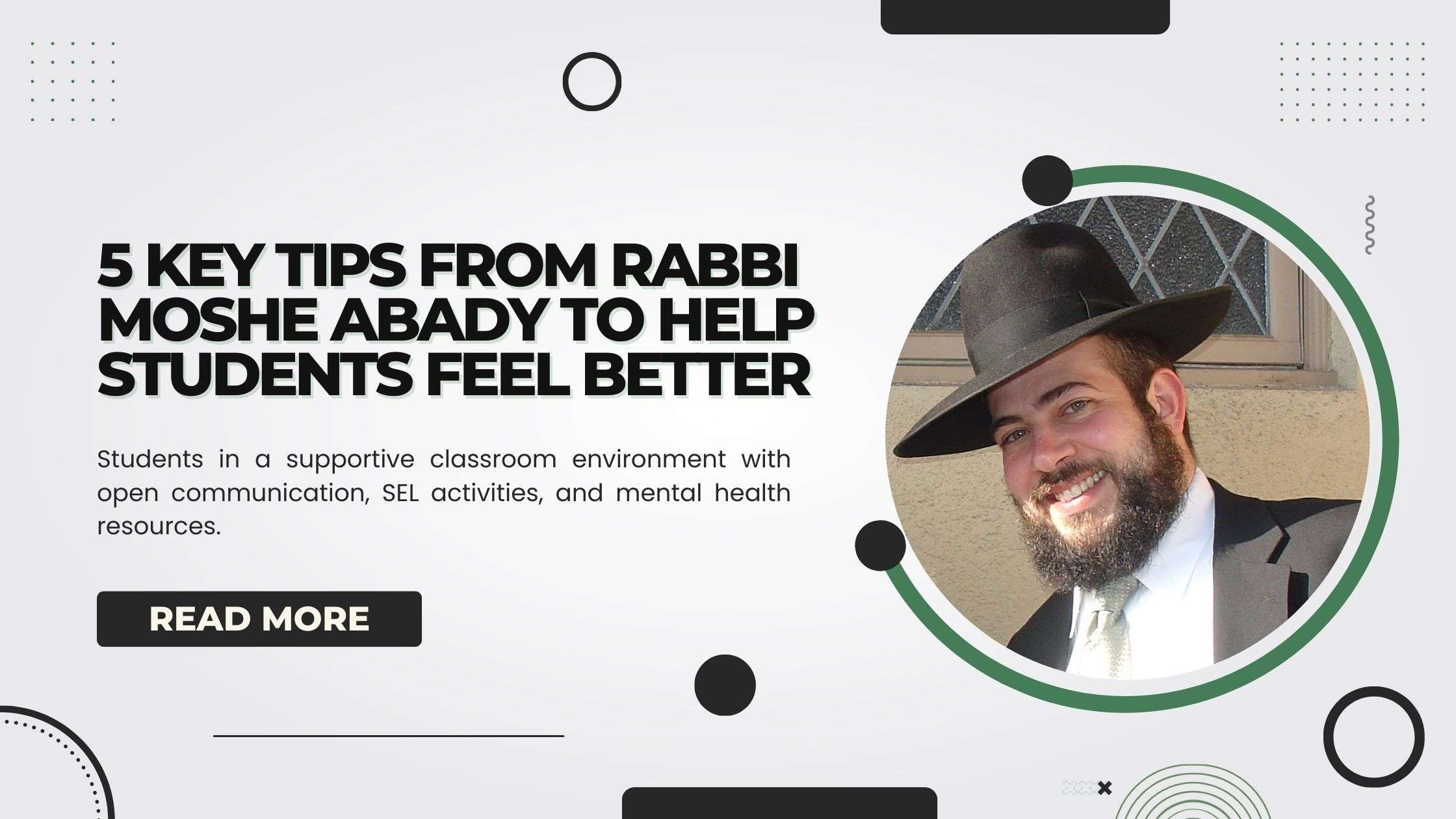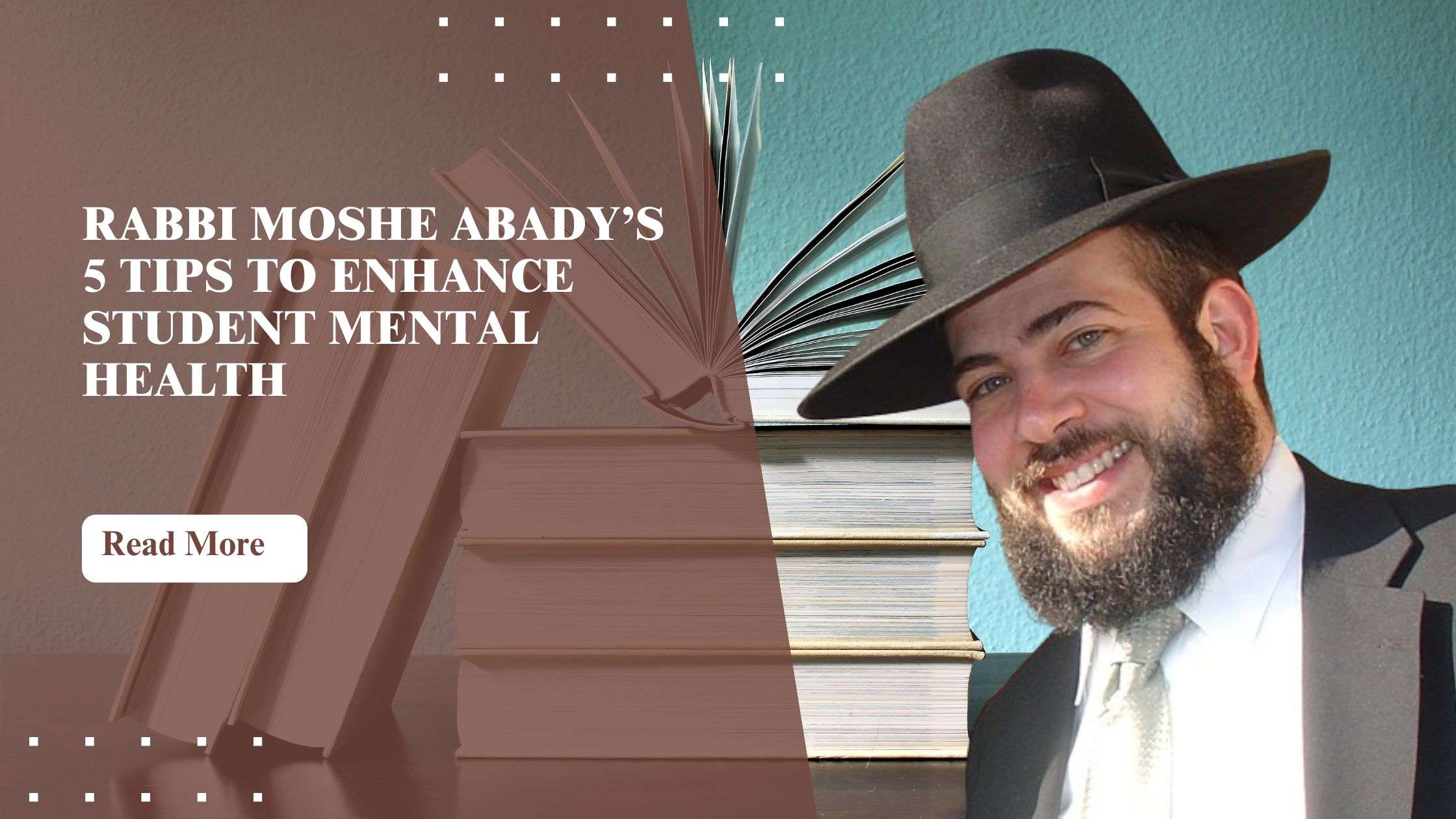Rabbi Moshe Abady has become a trusted voice in school safety, applying his insights and practical strategies to help schools create secure environments for students and staff. His commitment to safety is rooted in the values of community, vigilance, and proactive leadership. Here are four key lessons from Rabbi Abady on making schools safer.
1. Prioritize Customized Safety Protocols
Rabbi Moshe Abady emphasizes that safety is not one-size-fits-all. He encourages schools to develop customized safety plans based on their unique layout, student demographics, and surrounding community. By tailoring safety protocols, schools can address their specific vulnerabilities more effectively. Rabbi Abady advises principals to assess risk factors regularly and adjust plans as needed, keeping them dynamic and relevant to any emerging security challenges.
2. Invest in Staff Training and Practice
One of Rabbi Abady’s primary lessons is the importance of routine safety training for all school staff. He recommends that schools implement regular drills covering different types of emergencies, from lockdowns to evacuations. These drills empower staff to respond quickly and calmly during real incidents. Rabbi Abady’s approach includes practical case studies and scenario-based learning, helping staff members develop confidence in handling high-stress situations and ensuring they are ready to protect students.
3. Build Strong Communication Channels
Effective communication is at the heart of any safety strategy, and Rabbi Abady helps schools establish clear, reliable communication channels. He advocates for systems that allow school leaders to quickly connect with local law enforcement, emergency responders, and school staff during a crisis. These connections are critical for swift responses and reduce the likelihood of miscommunication. By strengthening communication networks, Rabbi Abady ensures that schools can act decisively when every second counts.
4. Engage the School Community in Safety Initiatives
Rabbi Abady believes that safety is a shared responsibility. He encourages schools to involve students, parents, and community members in safety initiatives. This might mean creating student safety councils, hosting community safety workshops, or organizing parent discussions on security practices. Through these efforts, Rabbi Abady helps foster a culture of vigilance and shared responsibility, making school safety a community-wide priority.
Conclusion
By focusing on tailored plans, training, communication, and community involvement, Rabbi Moshe Abady empowers schools to create environments where students feel secure and supported. His comprehensive approach makes school safety a collective effort, prioritizing the well-being of every individual in the school community.
Visit: https://www.issuewire.com/5-in....sights-from-rabbi-mo
